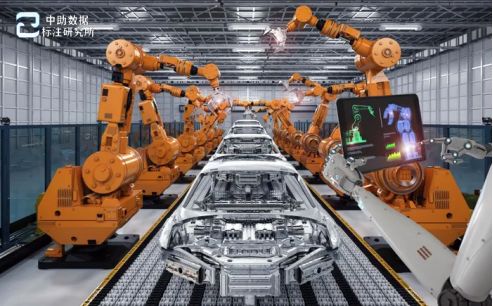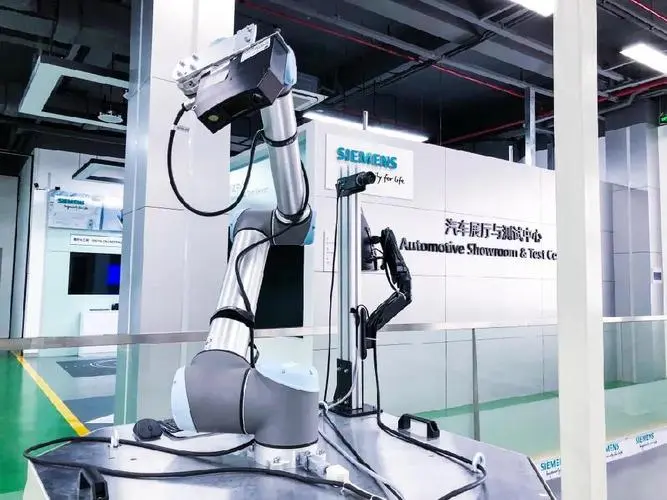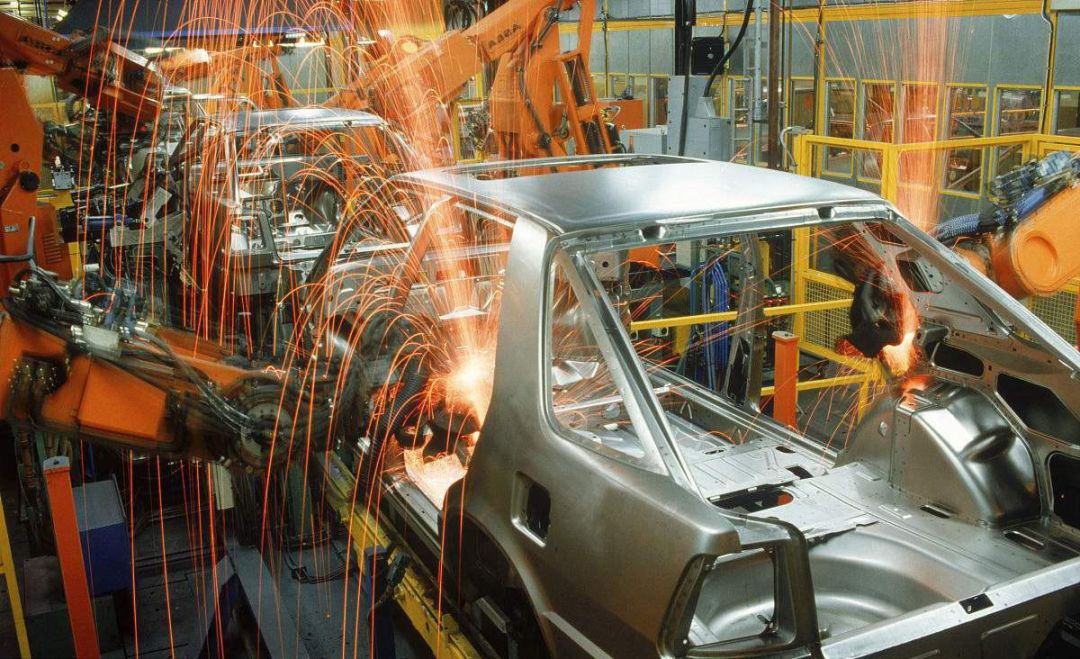Automotive companies have been leaders in the Industrial Revolution since Henry Ford invented the assembly line. Today, it’s commonplace to see robots and auto workers working side by side on factory floors.
The latest advancements in the industry come from machine learning, which is improving production processes and vehicle manufacturing. New cars have both digital and mechanical attributes. The data they collect and receive can help businesses and consumers in six exciting ways.

1. Improve the factory
Automotive machine learning could make factories more efficient. The robots and equipment used to build cars are equipped with sensors that sound alerts if defects in parts are detected. This can help manufacturers make repairs as early as possible before shutting down the assembly line or causing losses. A study by Capgemini found that smart technology could add $160 billion in annual revenue to the global automotive industry by 2023 as productivity increases.
Quality control in factories is also improving thanks to machine learning. It is possible for those undertaking this work to make human errors. Systems operated by artificial intelligence (AI) may also miss problems if they are not programmed correctly. However, machine learning can improve processes by gathering feedback and updating the system. Audi uses cameras that can detect cracks in metal panels that are invisible to the naked eye. GM uses sensors to monitor factory conditions. For example, if the spray temperature is too high or too low, the spray paint cannot solidify, which may cause equipment failure.

2. Forecast inventory needs
While all businesses would like to be able to predict future sales, few can do more than auto companies. Car manufacturing costs are high, and inventory has a significant impact on profits. If demand for cars is higher than expected, manufacturers could miss out on sales opportunities. On the other hand, if demand for the car is lower than expected, it may have to be sold at a loss.
Machine learning can predict demand by monitoring and analyzing market conditions. Volkswagen uses economic, political and even weather data to predict car sales in 120 countries.
3. Promote customer sales
Machine learning can also help auto companies sell more cars. It can collect customer-related data such as demographics, past transactions and online activity. Using this information, it can create personalized promotions.
Cars.com uses machine learning to help customize the car search process. It measures buyers' lifestyle preferences through quizzes to find the right car for them.
4. Take precautions before they happen
AI in the automotive industry can help car owners. For example, car maintenance used to be preventive in nature, meaning it was done on a regular basis. Drivers should change the oil every 3,000 miles and rotate the front and rear tires every 8,000 miles.
With machine learning, maintenance can become "predictive in nature." Instead of making repairs based on mileage or waiting until a car breaks down, sensors can detect damage and predict problems before they occur, then notify the driver via the dashboard or phone. Drivers can schedule maintenance for their cars at their convenience. With predictive maintenance, recalls or roadside assistance have the potential to become a thing of the past.
5. Customer communication
Machine learning can also improve communication with customers. If a car needs service, an automated chatbot can set up and confirm appointments and send reminders.
Chatbots can also conduct surveys after repairs are completed, helping automakers and dealers provide personalized service. Chatbots can even answer customer questions. McKinsey research found that well-designed chatbots can reduce call center costs by solving approximately 80% of customer interaction problems.
6. Avoid collision
Perhaps the most anticipated role of machine learning is in improving driver safety. Sensors monitor the car's activity and nearby vehicles. Cars can warn drivers of dangerous situations and even take action. Infiniti offers beyond visual range front collision warning and enhanced intelligent brake assist.
This technology analyzes the speed and distance of a driver's car from two cars in front of it. If two cars ahead slow down or brake suddenly, the system will alert the driver. If the driver doesn't have time to react, the system can even take over, slow down or stop the vehicle

Automotive machine learning is the future development trend
Technology is helping manufacturers produce better and safer vehicles, thereby driving the future of the automotive industry. Cars are no longer just vehicles that get people from here to there, they are technology-driven devices that improve lives, and machine learning is the driving force for innovation.






 WhatsApp: +8615857777578
WhatsApp: +8615857777578